
Following our exploration of Stoicism and Personal Growth, we now shift our focus to its ethical principles. How do Stoics perceive ethics? How can Stoic ethics steer us through the challenges of the modern world? Let’s unravel these questions.
The Stoic Perspective on Ethics
In the Stoic world, ethics is all about living in harmony with virtue. Stoics propose that virtue—wisdom, courage, justice, and temperance—is the highest good and the compass for ethical behaviour. By aspiring to live in harmony with these virtues, we can lead a fulfilling and virtuous life.
Stoics also champion the interconnectedness of all individuals. They advocate for treating others with respect and fairness, fostering a sense of community and shared responsibility.
Stoicism and Contemporary Ethical Challenges

In today’s intricate world, we often find ourselves at the crossroads of ethical challenges. Whether it’s navigating interpersonal conflicts, making tough decisions, or grappling with societal issues, Stoicism offers guidance.
Stoic ethics nudges us to act with wisdom, weighing the consequences of our actions and making informed decisions. It urges us to act with courage, standing up for what is right, even when it’s challenging. It calls us to act with justice, treating others fairly and respecting their rights. And it whispers to us to act with temperance, maintaining balance and avoiding extremes.
The Relevance of Stoic Ethics in Today’s World

Despite its ancient roots, Stoic ethics holds its ground in today’s world. Its emphasis on virtue, respect for others, and personal responsibility aligns with many contemporary ethical principles.
Weaving Stoic ethics into our lives can offer a plethora of benefits. It can steer us in making ethical decisions, foster a sense of community and shared responsibility, and help us lead a fulfilling and virtuous life.
Conclusion
Stoicism serves up a unique perspective on ethics, offering guiding principles for leading a virtuous life. Its emphasis on virtue, respect for others, and personal responsibility can steer us through the ethical challenges of the modern world.
As we journey further into the heart of Stoicism, our next stop will be common misconceptions and misunderstandings about Stoic philosophy.
I trust that this exploration of Stoicism and ethics has deepened your grasp of Stoicism. But as we venture further, let’s remember, Stoicism isn’t just a philosophy to be understood—it’s a way of life to be lived. So, let’s not merely study Stoicism, let’s breathe life into it, embodying the wisdom of these philosophers in every stride we make.


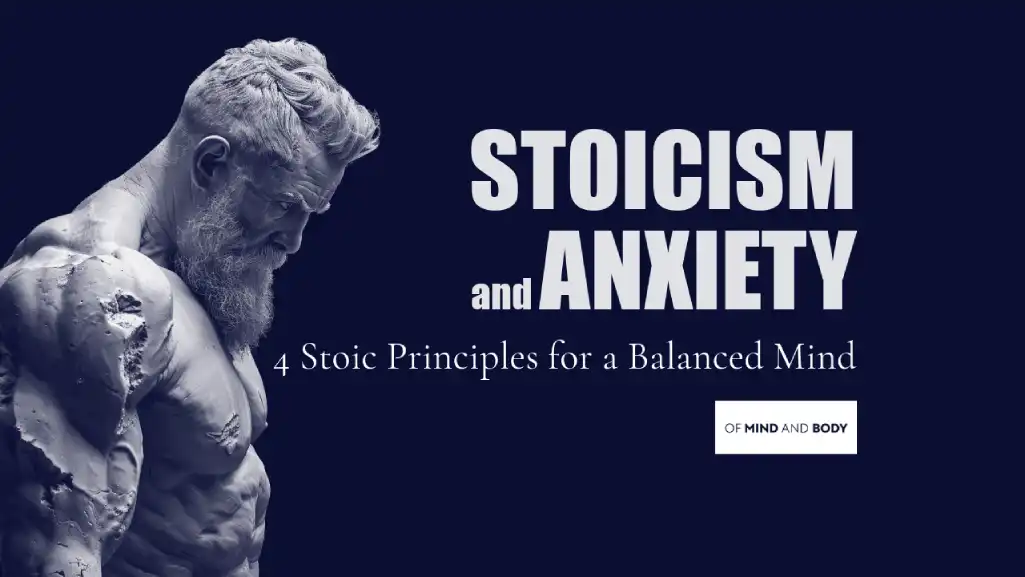
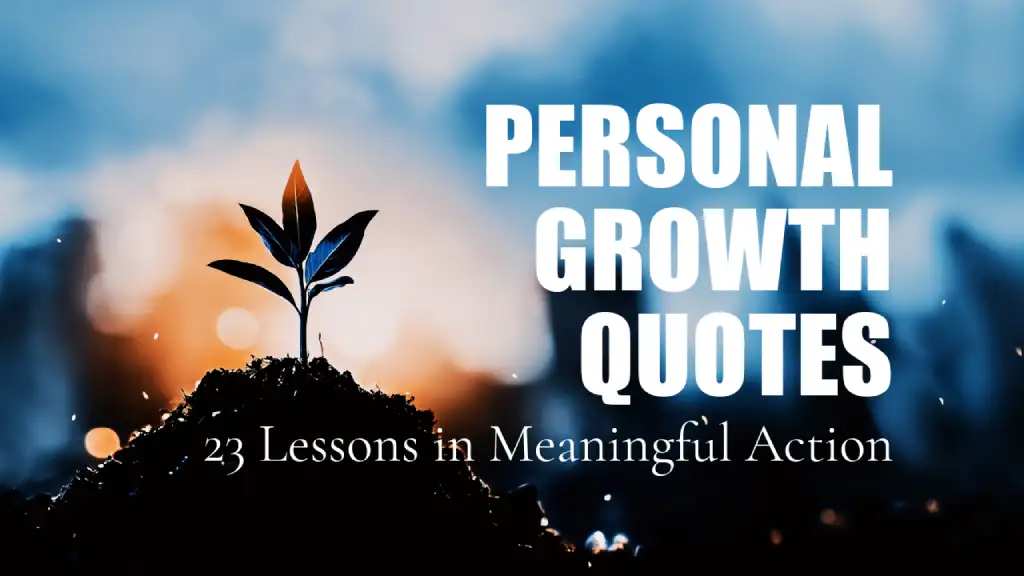

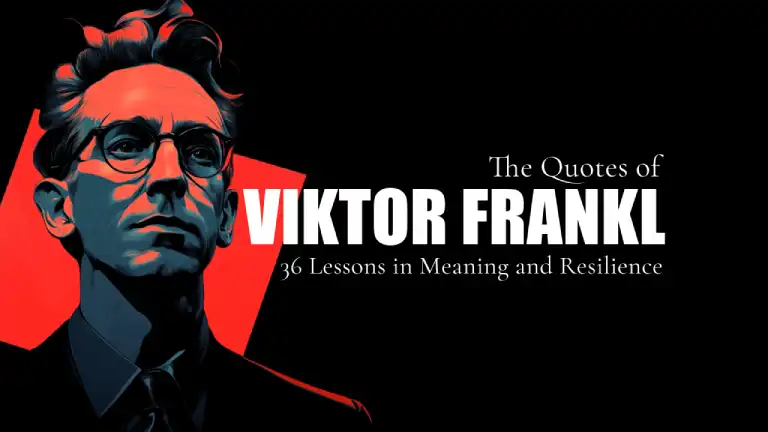

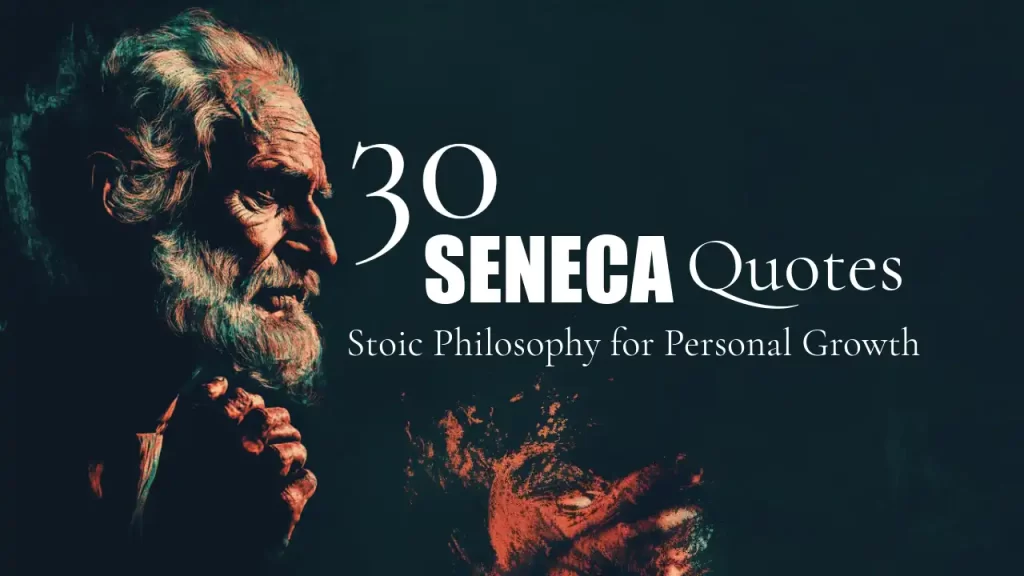


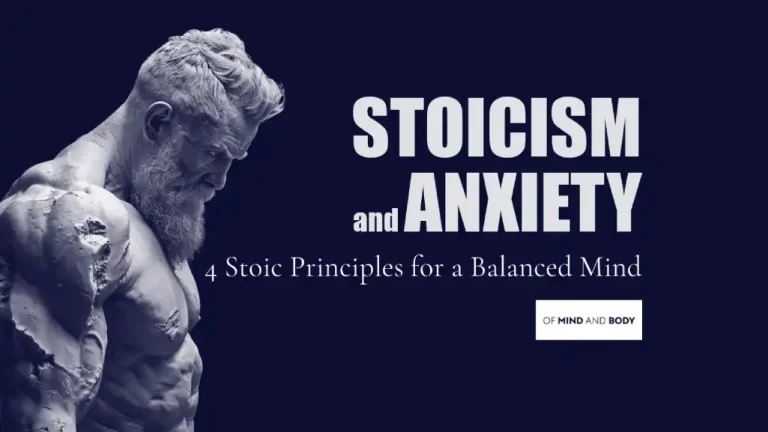
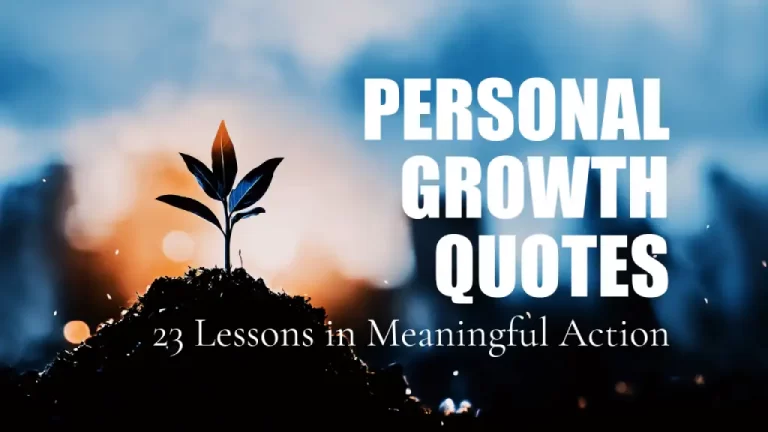

2 responses